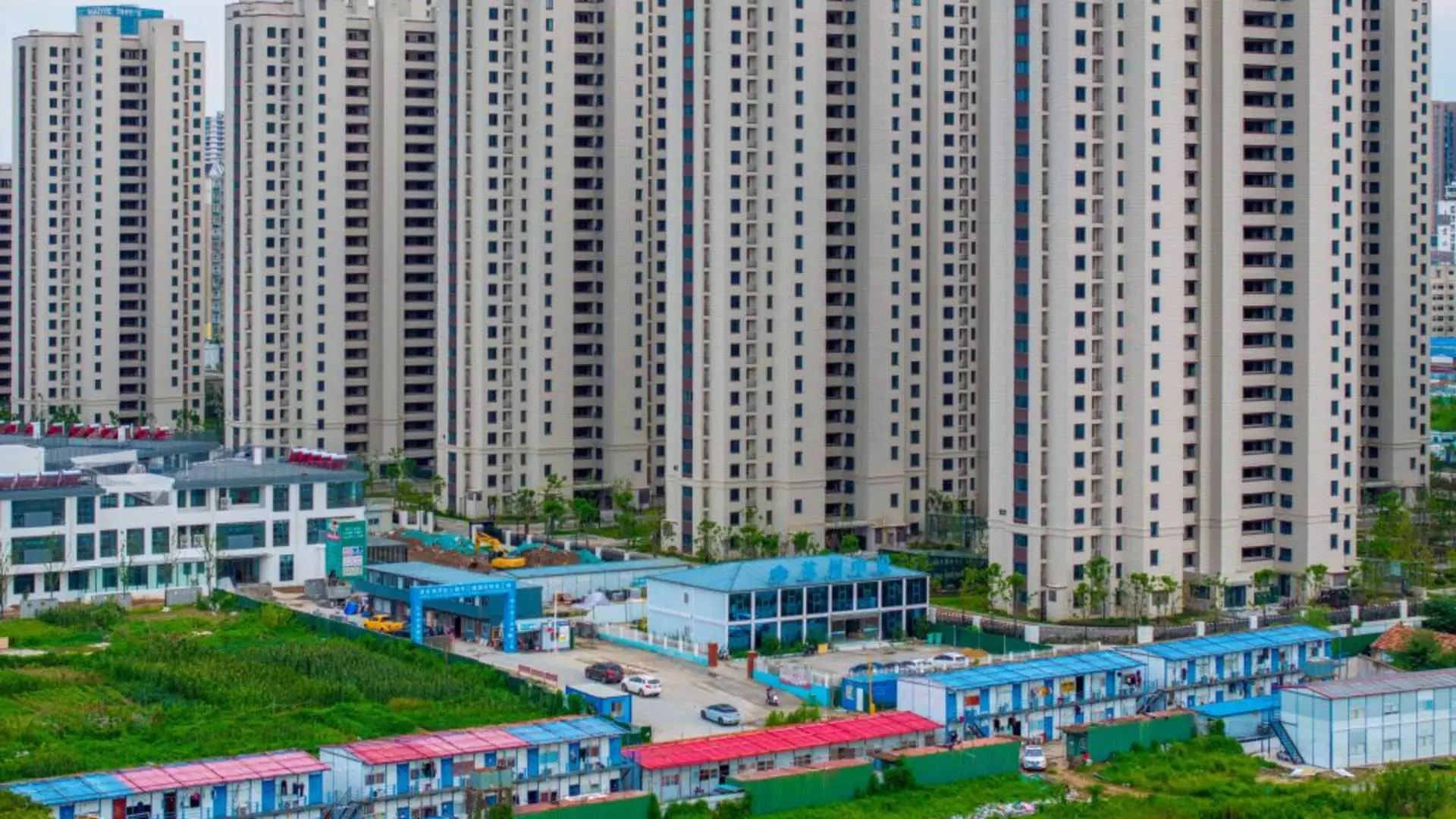In response to increasing trade tensions, top Chinese officials have emphasized the country’s dedication to focusing on its own affairs. Deputy Director Han Wenxiu highlighted the importance of ensuring the stable and healthy development of the real estate market, accelerating the growth of emerging industries, and expanding domestic demand, particularly in consumption. This emphasis on domestic priorities reflects a strategy of self-sufficiency and resilience in the face of external challenges.
Trade tensions between the U.S. and China have escalated in recent years, with former President Donald Trump threatening significant tariffs on Chinese goods. The Biden administration has continued this trend, further increasing tariffs on Chinese electric cars. The European Union has also announced plans to raise tariffs on Chinese-made electric vehicles. These actions have created a challenging environment for China’s economy, prompting a reassessment of its trade policies and priorities.
Challenges in the Economy
Despite efforts to boost domestic consumption and drive economic growth, China has faced challenges in recent months. GDP growth has fallen below expectations, leading to calls for additional stimulus measures to achieve the full-year growth target of around 5%. The real estate sector has experienced a significant slowdown, with investments and sales declining sharply. These factors have contributed to a more complex economic landscape for China to navigate.
China’s strategy of “reform and opening up” over the past four decades has been a key driver of its economic growth and modernization. This approach has involved gradually opening the economy to foreign investment and private capital, leading to significant changes in the country’s economic structure. However, as China seeks to transition to a more innovation-driven economy, it faces the challenge of balancing traditional sectors with emerging industries in a rapidly changing global landscape.
In response to the economic challenges it faces, China has outlined a series of policy responses aimed at improving macroeconomic governance and integrating urban and rural development. Deputy Director Han Wenxiu stressed the need for stronger and more effective macro policies to address the systemic impact of the real estate sector on the economy. These reforms are intended to drive sustainable growth and ensure the effective implementation of the country’s economic strategies.
As China grapples with rising trade tensions and internal economic challenges, the country’s focus on domestic affairs and policy reforms will play a crucial role in shaping its future trajectory. By emphasizing self-reliance, innovation, and strategic planning, China aims to navigate the complexities of the global economy and secure sustainable growth in the long term. As external uncertainties persist, China’s commitment to reform and opening up will be essential in driving continued economic development and stability.

